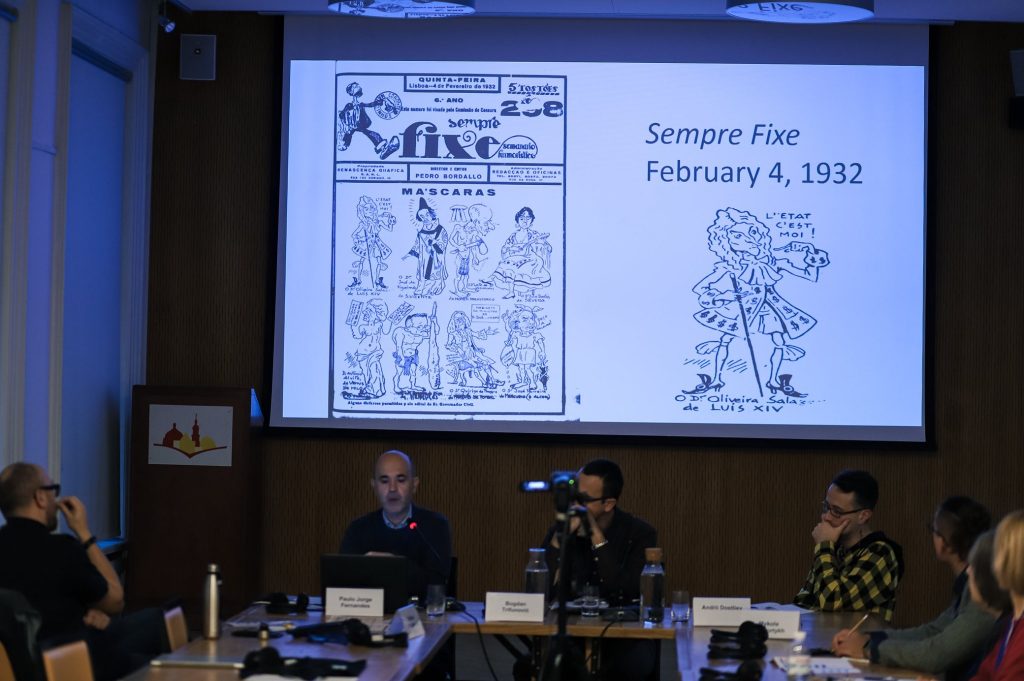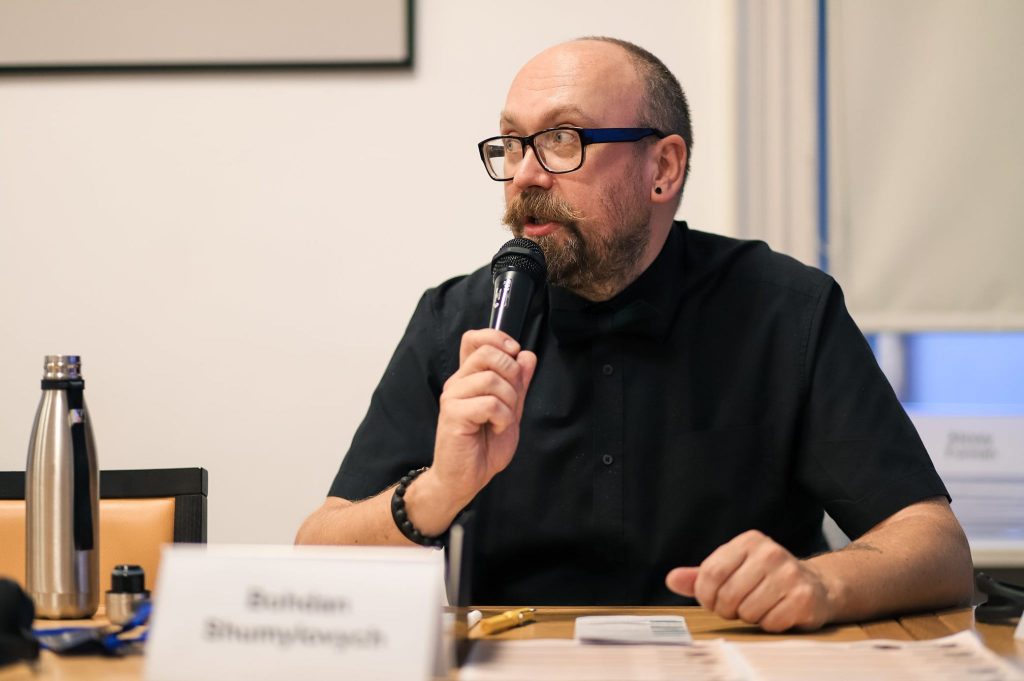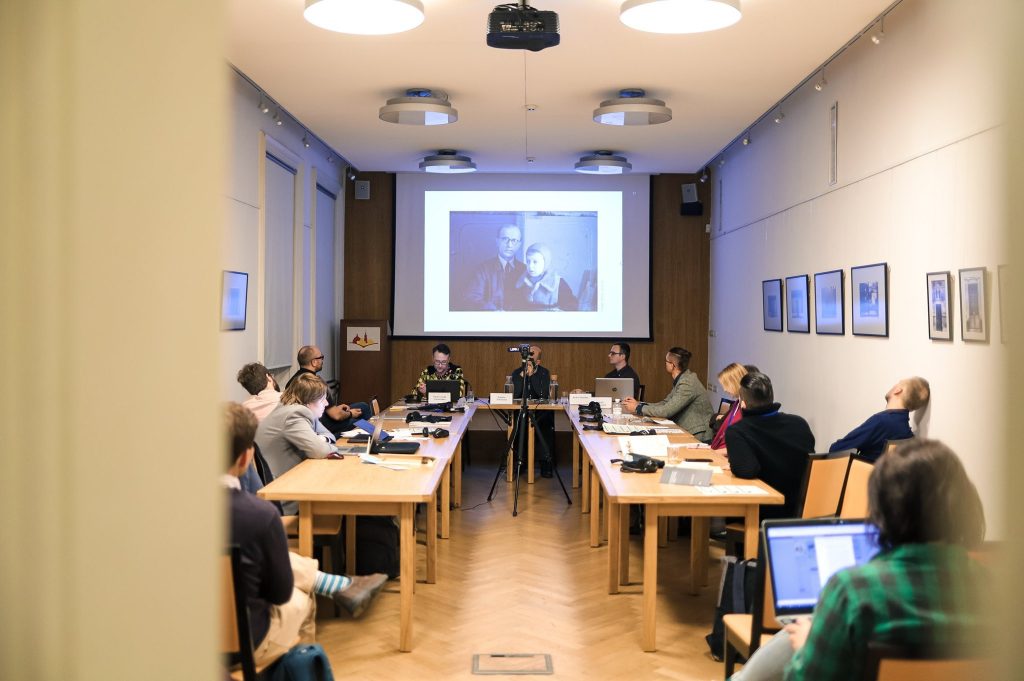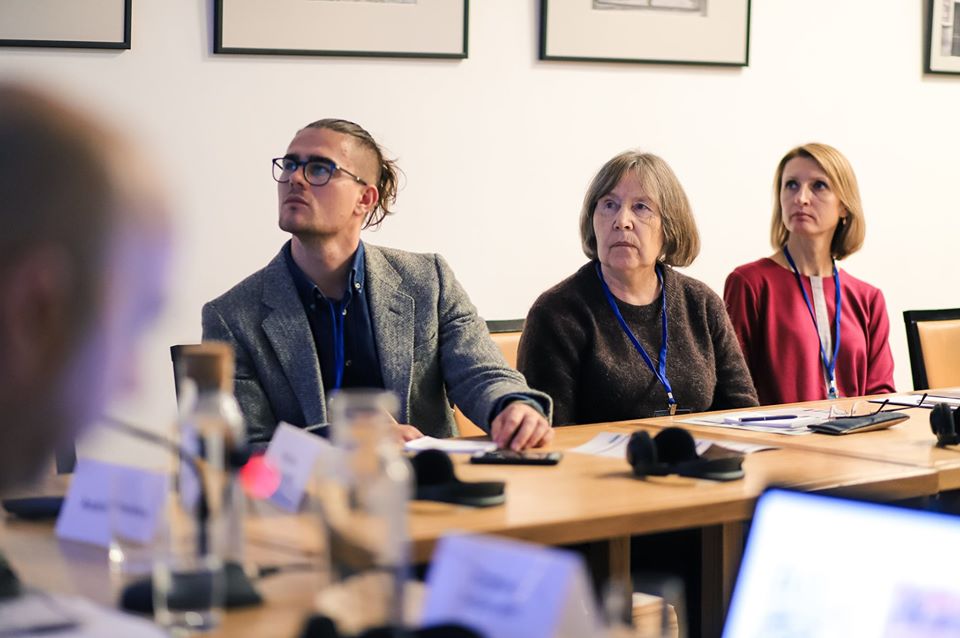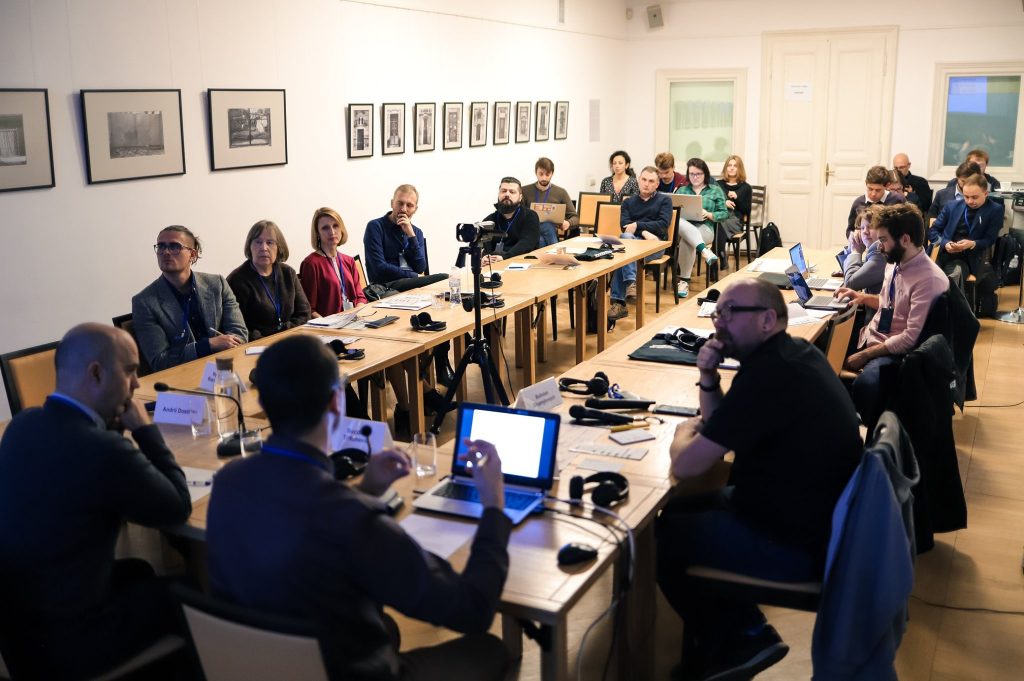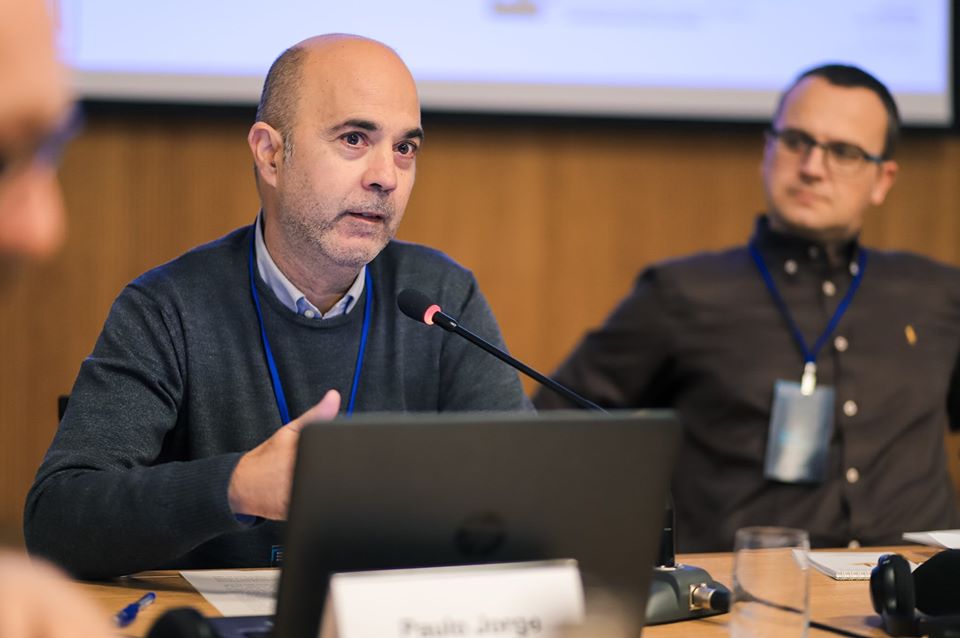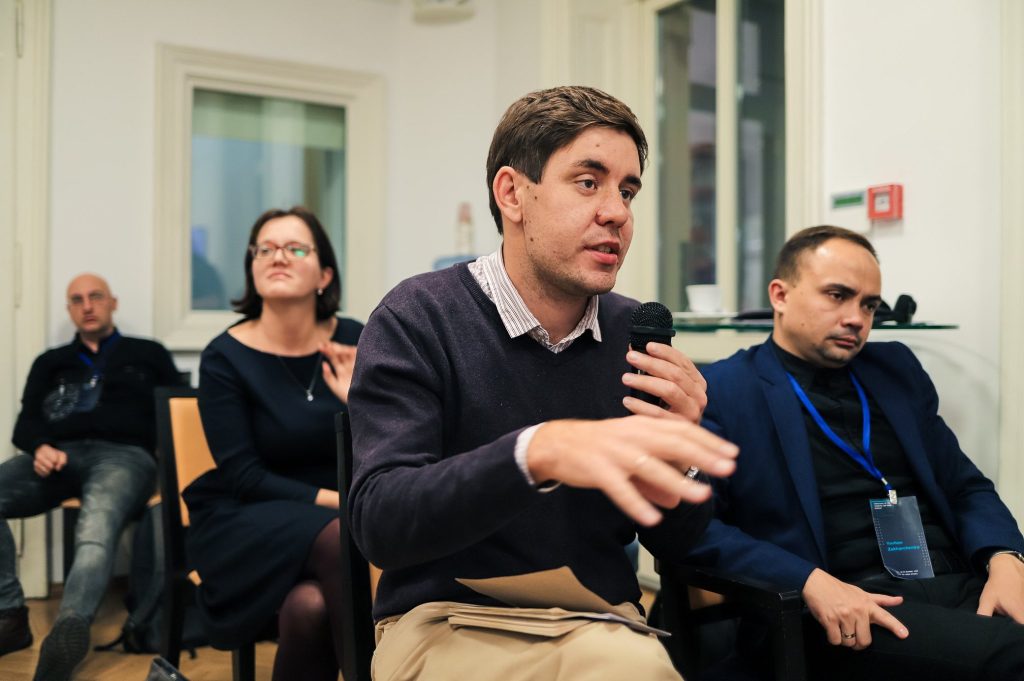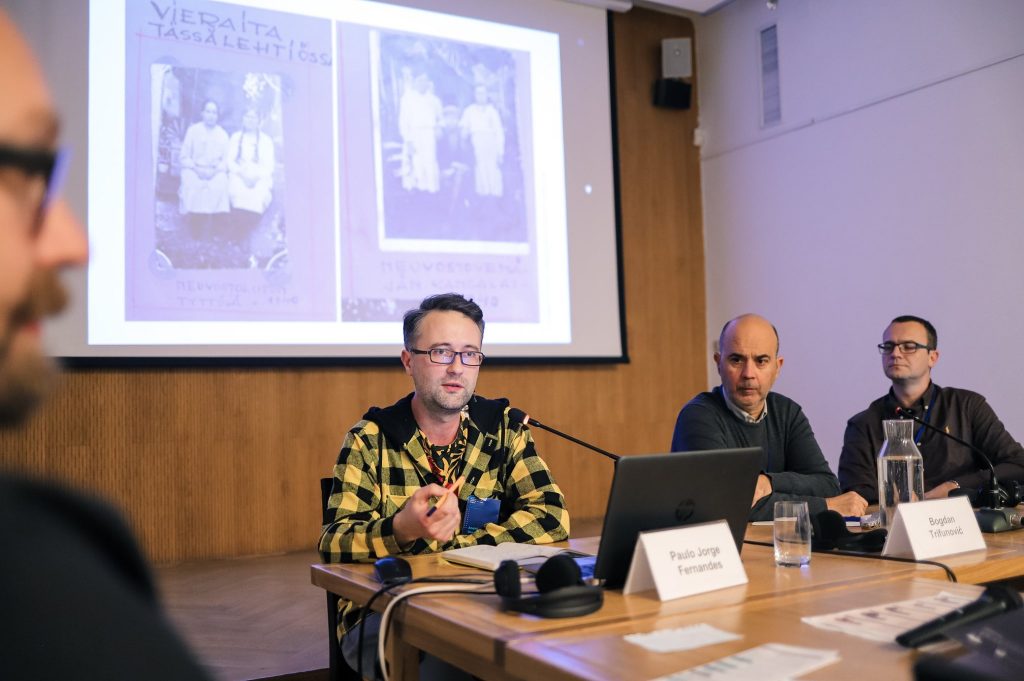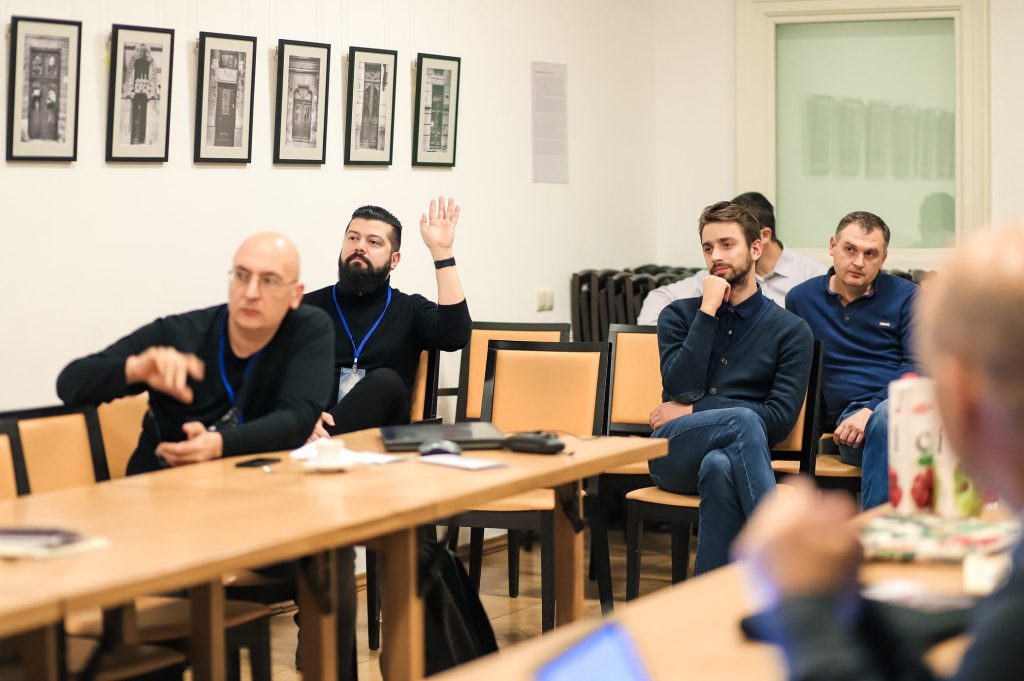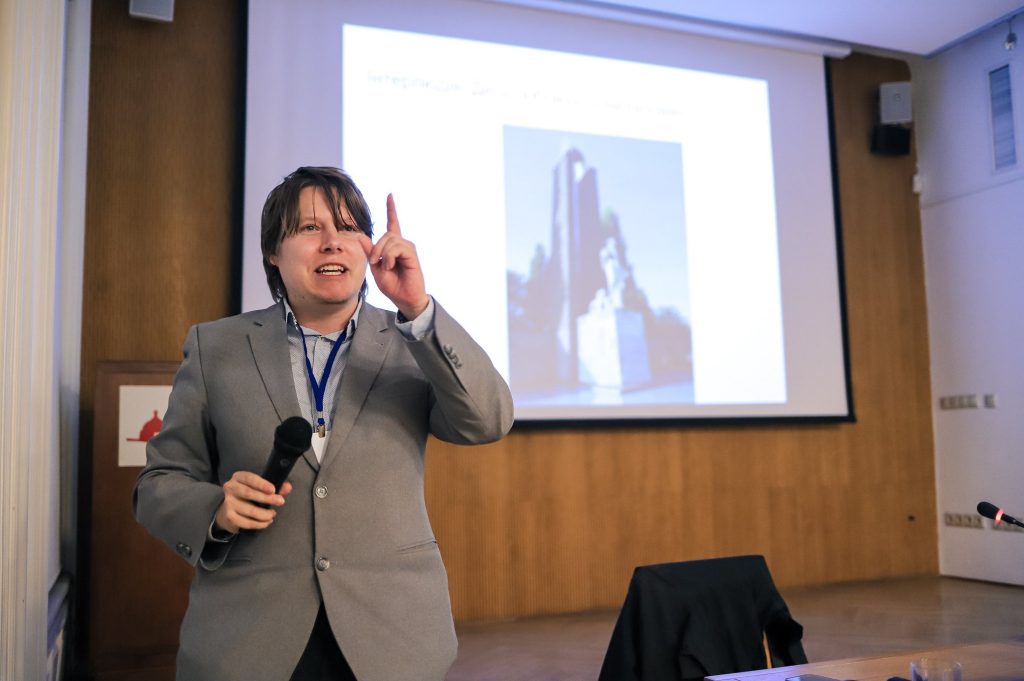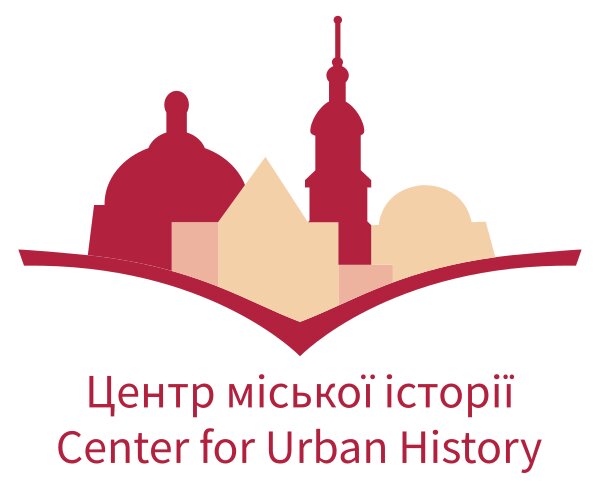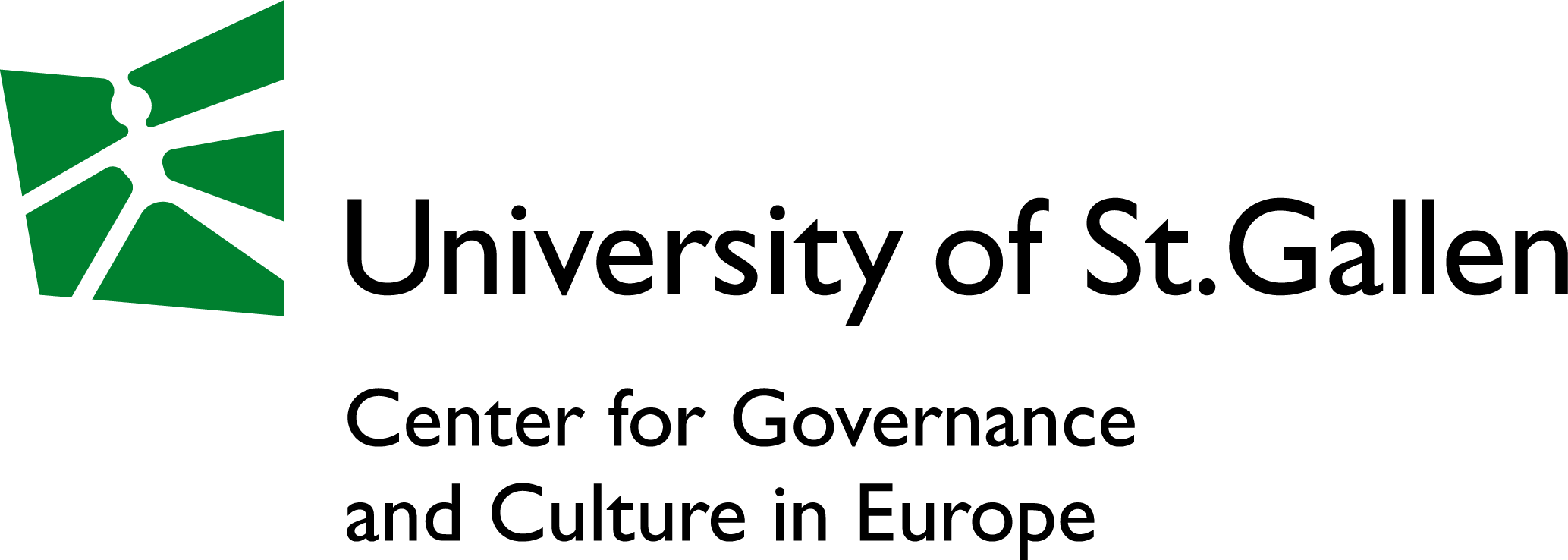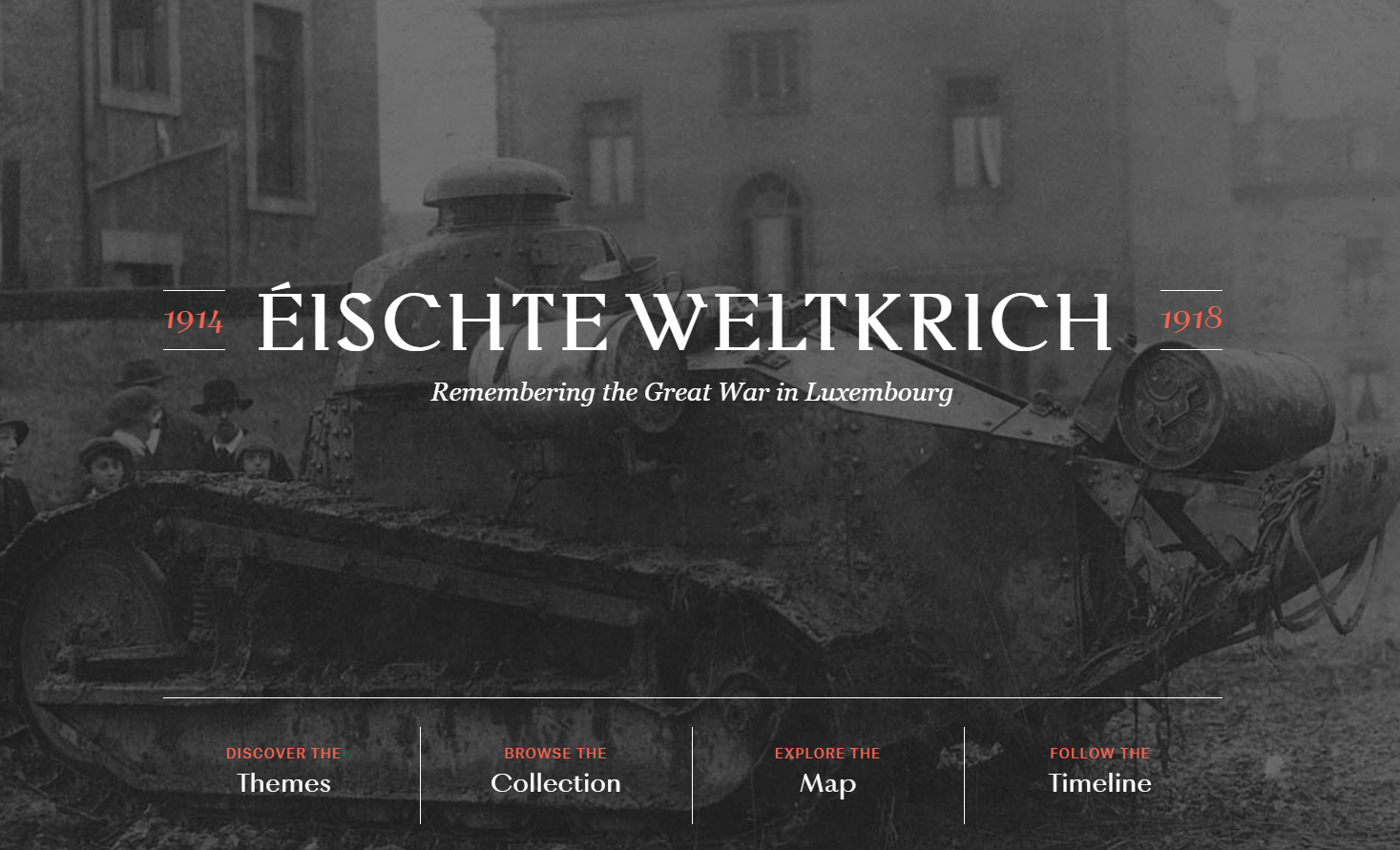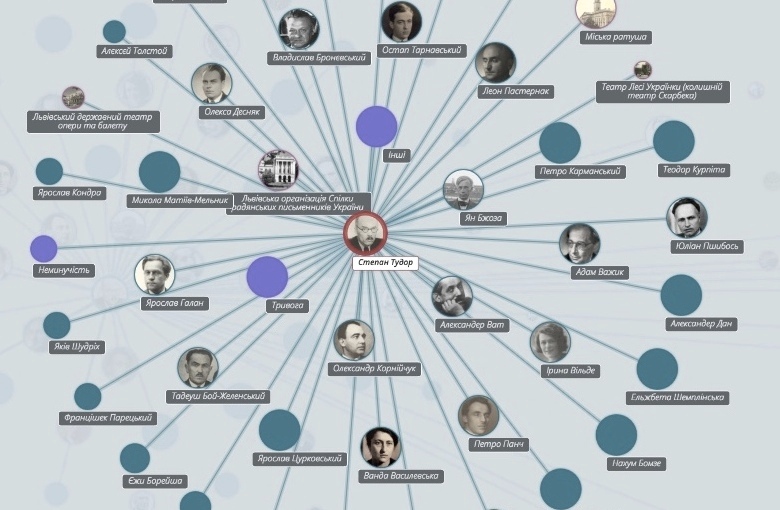Historicity of the Visuality and Image History: New Forms of Digital and Visual History/Humanities
November 14-15, 2019
Center for Urban History, Lviv
Since the formulation of the "visual history" and announced pictorial turn in humanities, pictures have enjoyed increased scrutiny. Often different approaches to visual history followed an operationally mixed attitude to studying the pictures of history (cultural history) and the historicity of images (art history). Today visual history is combined out of diverse disciplines, from history to art history, from communication and media studies to social and political studies. However, the current turn to digitalization poses new challenges for visual history – it can confront images as a medium, to analyze the material dimension of traditional visuality (its mediality) and immateriality of digital pictures. In addition, images, which are disseminated through various media, cause informational overload, and require a new research agenda. The workshop purpose is to analyze the relation between history, visuality, and academia with special concerns of the digital turn. It demands to combine the theoretical debates on digital history along with the educational experience. The workshop may suggest new research directions in visual history research, to familiarize the visualization research community with the problems faced by historians, and to foster future collaboration between fields such as vision (and visualization) and historical research.
We are interested in applications that can cover the following questions: How do we make use of images in an insightful way, and what history can learn from the new digital (visual) practices? Digital methods bring new applications and ways of dissemination. What are the lessons drawn from the new media? How do archives benefit from these applications? How institutions use digital historic projects in educational programs?
- Visual Epistemology: Defining basic concepts in digital and visual history. What do we mean by the term historic (digital) image? What are the limits? How does image change under digital turn?
- Reading Images/Films: How do we train people and historians to read images? How do we avoid the trap of overstatement while analyzing images? How the image turns from illustration to a problem? What do (digital) images want and which questions they ask?
- VR and Games: How digital applications and online projects change our imagination about the past? What are the benefits and difficulties in this new digital imaginary?
- Storytelling: How do we manage to turn image collections into narratives? What is the role of an archive in the dissemination of pictures? What are the practices to turn the collection into a story?
Digital History Seminars of the Center for Urban History explores methodological, ethical and theoretical aspects of generation, collection and analysis of digital or digitalized photographs and video recordings as testimony on the past and the worlds in which people used to live or are still living. In addition, the seminars also touch upon the issue of awareness capacity of historical visual data used for comprehensive presentations and lectures for different audiences. The goal of the seminars is to have a discussion on available possibilities and challenges of digital history among researchers.
Seminars consist of three major blocks:
- Artifacts (photographs, files, films, etc.)
- Technologies (camera, antenna, screen, print, software, etc.)
- Visual and digital methods (sense and analysis)
The event is implemented as part of "Digital History Seminars" of the Center for Urban History of East and Central Europe as supported by the University of St. Gallen (Switzerland).
Credits
Сover Image: City Interactive (screenshot) / www.akuvido.de
Image Gallery by Vitaliy Solopchuk

